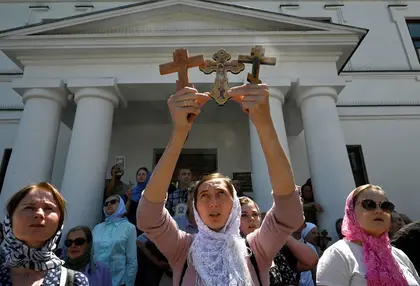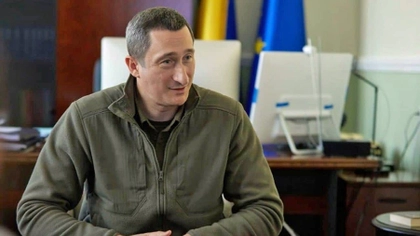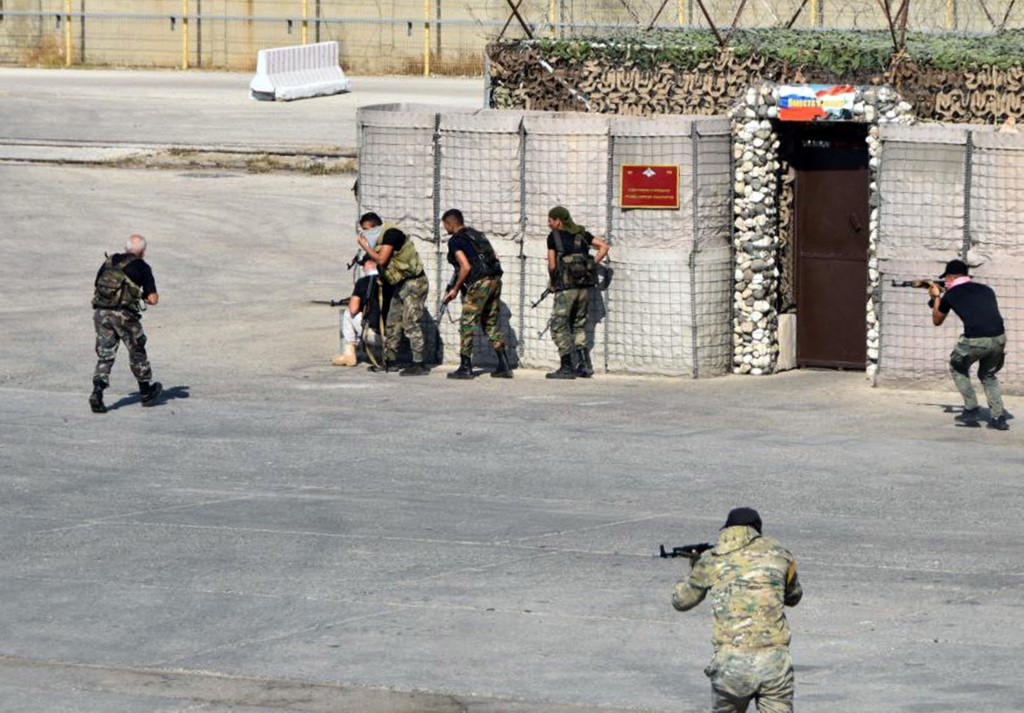A draft law proposed by the Ukrainian parliament to restrict the activities of the Moscow-linked Ukrainian Orthodox Church (UOC) has the support of 85 percent of Ukrainians, but some foreign observers are concerned about the religious freedom implications of the law.
As believers from around the world gather in Kyiv for the Ukrainian Prayer Breakfast, this is a good opportunity to shed light on the extent of the malign influence of Russian religion.
JOIN US ON TELEGRAM
Follow our coverage of the war on the @Kyivpost_official.
Draft Law 8371 stems from the hostile behavior of UOC clergy – men and women who have spent their lives taking orders from a patriarch in Moscow who has declared a “holy war” on Ukraine. The Russian Orthodox Church’s Patriarch Kirill has said Russians who die in Ukraine will have all their sins washed away. Kirill stopped short of promising 72 virgins, but the strategy of creating martyrs is the same as that of ISIS.
Nearly 100 UOC clergy are in the Ukrainian justice system for crimes ranging from helping Russian troops target artillery to reporting on Ukrainian troop movements to preaching pro-Russia messages.
New polling from the Ukraine Freedom Project shows that the Ukrainian justice system is only scratching the surface. Hundreds of thousands of Ukrainians – as many as 600,000 – have left the Ukrainian Orthodox Church because they heard their local clergy say things against Ukraine or saw them do things to help the Russian war effort.

Ukrainian Parliament Cancels Session Over Threat of Russian Strike on Kyiv
If we were to extrapolate these results to the population of the United States, it would be about 6.7 million people – a population equal to that of the state of Indiana. But our results are not limited one region. The incidence of anti-Ukraine behavior among UOC clergy is more prevalent in the center, but spreads across Ukraine.
Our results confirm what Ukrainians already know: the pro-Russia activity among UOC clergy is a widespread and systematic problem. But the Ukrainian government’s efforts to curtail this malevolent influence has provided fodder to the Russian propaganda machine.
The Russians have become quite skilled at exploiting the tools of American democracy. For instance, a Russian-Ukrainian oligarch, Vadym Novynsky, currently a deacon in the Russian Orthodox Church, is paying a team of lobbyists to tell members of Congress that the Ukrainian government persecutes Christians. Conservative personalities like Tucker Carlson, Candace Owens and Marjorie Taylor Greene have picked up Moscow’s message.
Make no mistake, Tucker and friends have little interest in the plight of Ukraine’s Christians. They have said nothing about Ukrainian Protestant leaders being tortured and murdered by Russians in occupied Ukraine. Their interest is in driving a wedge between Ukraine and America’s Christians.
Our poll of Ukrainians is part of the Ukraine Freedom Project’s efforts to push back on such propaganda.
During our trips to the front, many everyday Ukrainians have told us of stories of UOC clergy housing Russian soldiers and finding caches of weapons and Russian propaganda in UOC monasteries. Public polling of Ukrainians has shown that they are deserting the UOC in large numbers. We decided to conduct our own survey to understand if the two phenomena are related.
We found that a quarter of Ukrainians – equal to about 7.5 million people – were once members of the Ukrainian Orthodox Church but have left, almost half since the full-scale invasion and mostly due to the church’s pro-Russia leanings.
We asked the former members of the UOC we surveyed why they left. They responded overwhelmingly that the UOC was too pro-Russian.
Thirty-six percent of former parishioners said: “I felt like the Ukrainian Orthodox Church had become pro-Russian and anti-Ukraine so I changed churches.”
Twenty-seven percent answered, “My local parish was OK, but after all the horrible things Russia has done to Ukraine, I had to leave the Ukrainian Orthodox Church because of its ties to Moscow.”
Another 14 percent reported changing churches because they wanted to report to a patriarch in their own country.
And of course, 8 percent said they left the Ukrainian Orthodox Church because they heard their local clergy say things against Ukraine or saw them do things to help the Russian war effort.
Congress overwhelmingly passed legislation requiring TikTok to find new ownership because they see the app as a conduit through which an unfriendly foreign power can spread malign narratives and collect information on American citizens to do harm.
Ukrainians see the UOC in much the same way. Like the TikTok ban, Draft Law 8371 offers each Ukrainian Orthodox Church the opportunity to “find new management” in a structure that does not report to the Patriarch in Moscow.
Unlike TikTok, the UOC has a physical presence of some 10,000 clergy in a country at war. The potential for damage is much more profound and immediate.
You can also highlight the text and press Ctrl + Enter






